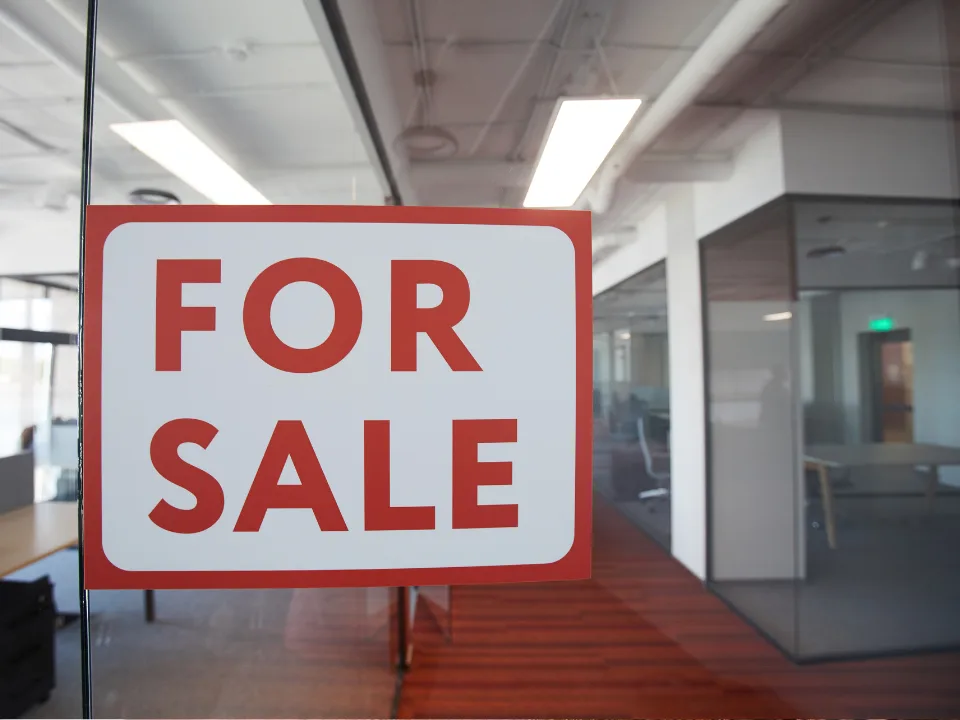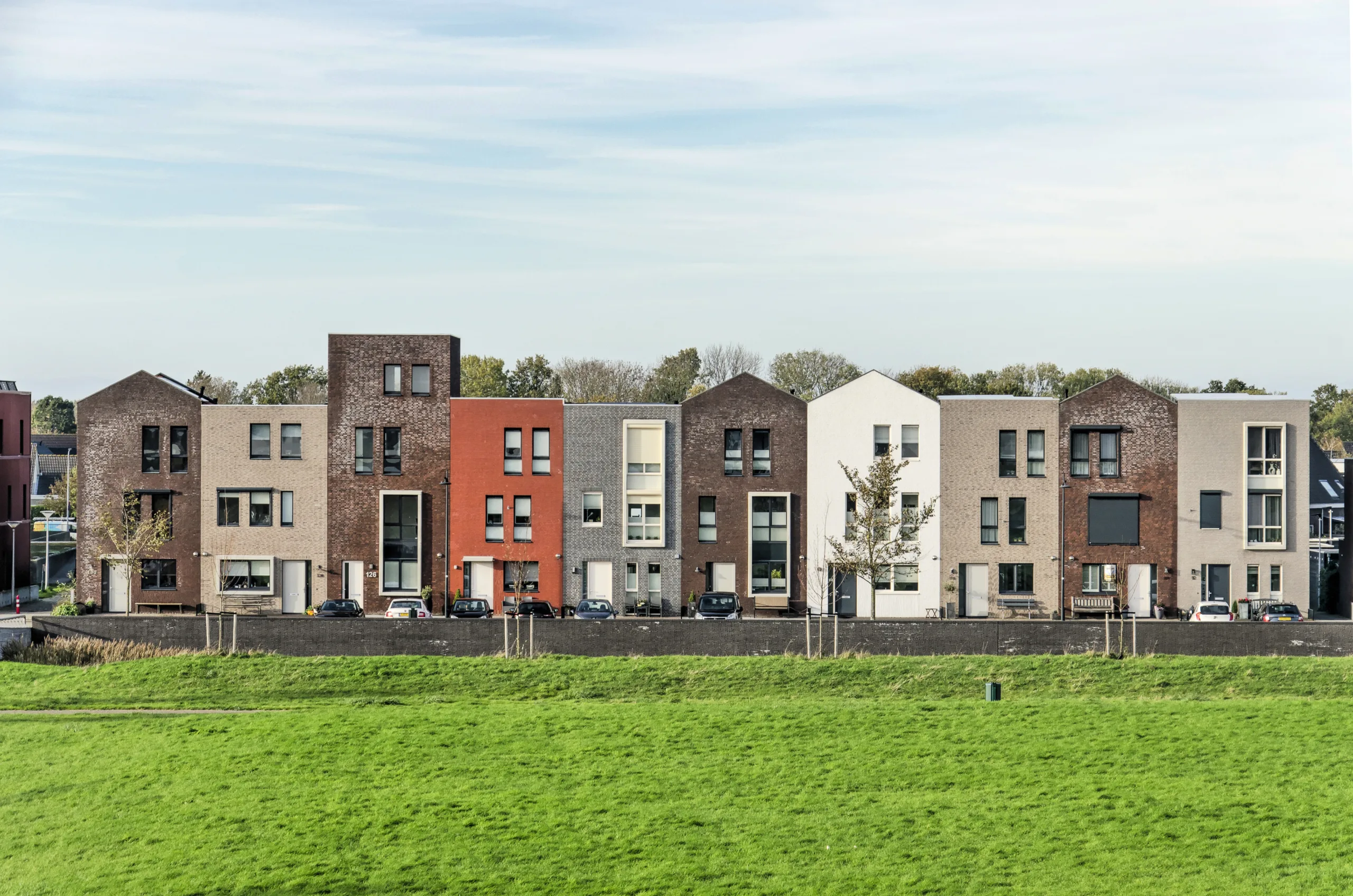- Early indicators suggest commercial real estate (CRE) may be facing delayed stress from recently announced US tariffs, even as current metrics remain relatively stable.
- MSCI’s Jim Costello warns that key spreads are widening, and liquidity is beginning to wane—signs that CRE could face more pronounced challenges in Q3 2025.
- Cross-border investment, a major driver of low cap rate deals, is already slipping, particularly in the office sector, while hotel deal volume has plummeted year-over-year.
Tariff Tensions, Delayed Reactions
While major investors like Blackstone acknowledge the effects of tariff uncertainty, many analysts believe the real impact on CRE is yet to be fully seen, per GlobeSt. The market’s long transaction timelines mean shocks—like those from April’s tariff announcement—may not register until late Q3 or beyond.
John Chang of Marcus & Millichap notes the market has held steady so far, but MSCI’s Jim Costello sees early red flags in financial spreads and liquidity metrics.
Warning Signs in the Numbers
A key indicator: the spread between the 10-year Treasury yield and Moody’s Baa corporate bond rate. That spread rose 40 basis points since the start of 2025, with a notable jump after April 2—the date former President Trump reintroduced steep tariffs. Historically, such increases have led to rising office cap rates, signaling weakening investor confidence.
Get Smarter about what matters in CRE
Stay ahead of trends in commercial real estate with CRE Daily – the free newsletter delivering everything you need to start your day in just 5-minutes
Liquidity Slipping
Capital Liquidity Scores from MSCI suggest cross-border investors, who comprised over 7% of direct office investments in 2024, are pulling back. Office market liquidity showed a slight dip in early 2025 as cap rates widened, a shift that could strain valuations if the trend continues.
Costello also pointed to a broader economic dynamic: nations unable to export to the US have fewer dollars to recycle into US real estate assets.
Hotels: The Canary in the Coal Mine
Unlike office leases, hotel performance adjusts quickly with market sentiment. April hotel deal volume dropped 52% from a year prior—a stark warning for sectors that usually lag in showing stress.
Why It Matters
Even if the impact of tariff uncertainty isn’t yet visible in core metrics, sentiment is shifting. Industry leaders are increasingly vocal about concerns, suggesting more cautious underwriting and potential repricing of risk in the second half of 2025.
What’s Next
The coming quarters will reveal how deeply tariffs and tighter liquidity will cut into CRE fundamentals. With capital more selective and deal activity slowing in some sectors, stakeholders should prepare for more volatility in pricing and asset flows ahead.


















